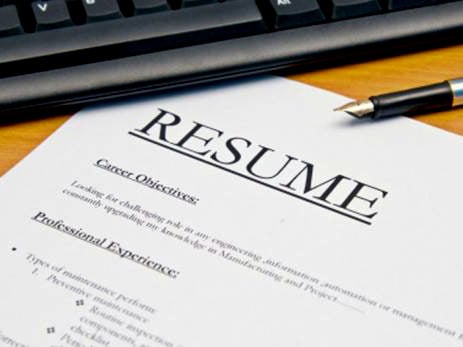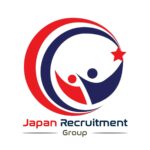
If you look at a Japanese resume, you will see a place on it where you are to affix a photo. I am a foreigner. Should I do this as well? Let’s look at the argument against:
- This is discriminatory – I do not want to be a part of anything that promotes discrimination on a conscious or unconscious bias. It is common to presume that with the same exact resume, a model-like person will get more interviews than a heavy person, but it is harder to discriminate against me in person when my smile and personality will be a strong point for me.
- Not relevant to the job – Unless your are applying to where looks are relevant to the job (actor or model), why should this even matter? I have yet to see a study showing that looks increase productivity.
- Distracts attention from what is important – With hiring managers only spending seconds on each resume, I want them looking at the qualifications on my resume and not my photo.
- My photo is on my Linkedin and Facebook – If the HR person really wants to know what I look like before the interview, he or she can take a look at my Linkedin or Facebook profile. I am sure they will check to see if I have anything improper on social media anyway, so they can see my mugshot there.
These seem like some very valid reasons to forgo putting a photo on your resume, but I can come up with three reasons why to include a photo on your resume.
- You want the job – This is Japan, where discrimination laws are significantly different from Western countries, and it is customary to put pictures on resumes. Not doing so means you either cannot follow instructions, are trying to hide something or do not understand Japanese recruiting protocols.
- Harder to reject – While you think the photo may distract the HR person, you are partially right. However, the photo also makes the document more personal, thus harder to delete or throw in the trash. Studies have shown this.
- Practicality – The absent or relaxed discrimination laws in Japan can have an upside. If someone is not going to hire a person for some reason based on appearance, gender, age, race, religion, sexual orientation, etc., it will likely happen anyway. The employer not asking you to come in for an interview may be saving you needless wasted time as well as unneeded headaches in the future. Would working for a bigot really be the best fit for your time in Japan?
The photo asked for is similar to a passport photo (head shot). While there may be some occasional bigotry and unconscious bias, it is not severe in Japan. As the employer is not asking for the applicants’ bust size, height, weight, etc., we do not see this practice as discriminatory and just an expected practice.
Having sifted through stacks of resumes of Japanese new university graduates, without a foreigner in the bunch, where everyone has the same suit and haircut, I wonder how this custom came about.
If you want to increase your chances of getting a job IN JAPAN, please be sure to attach a photo. This should be a professional, passport-style headshot. Please do not take a selfie, glamour shot or with anything in the background.
What the Japan interviewer is expecting is something like the following:

One applicant that was currently in the military sent in a photo with him next to a tank. My only guess was to impress upon the HR person that he had leadership skills or a responsible worker as he could stand next to a military vehicle. In this case, I actually sent the person an e–mail asking him to resubmit his resume with a passport style photo.
Some foreign capital firms in Japan will instruct the HR departments to remove the photo to ensure that there can be no accusations of discrimination in the hiring process. I am not sure if they do this for the right reasons or out of fear of litigation, but we like the trend. We are a long way from that being the accepted practice, so when applying for a job in Japan please attach your photo, and good luck on your interviews.
——–
Below are all real examples of resume photos submitted by our esteemed users. We will have to put a band across the eyes but these are some of the ones that definitely won’t help you get the job. I didn’t list the hottie showing a bit of cleavage as no one would believe it was actually put on a resume.




























